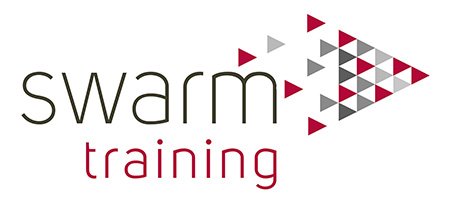
Assistant Accountant
Level: 2 / Duration: 16-18 mths
An Assistant Accountant provides support to internal and external customers and will work predominately either as an assistant accountant within practice or alternatively within the finance function of an organisation.
An Assistant Accountant’s role involves assisting in the day to day financial activities such as data entry to month end management accounts and/or year-end financial statements.
In addition the Assistant Accountant may find themselves involved in regulatory financial requirements such as the completion of VAT returns or assisting in the preparation of tax computations.
An Assistant Accountant’s role involves assisting in the day to day financial activities such as data entry to month end management accounts and/or year-end financial statements.
In addition the Assistant Accountant may find themselves involved in regulatory financial requirements such as the completion of VAT returns or assisting in the preparation of tax computations.
Assessment
The EPA assessment period will be upto 12 weeks| Submit a portfolio of evidence of their best work |
| Optional achievement of:
- AAT Foundation Certificate in Bookkeeping - AAT Advanced Diploma in Accounting (if you successfully complete this qualification, you can apply for AAT associate bookkeeping membership and achieve professional AATQB status) |
| A synoptic knowledge test |
| Meet with the independent assessor to have a Professional Discussion underpinned by the portfolio of evidence |
The training will enable your apprentice to:
- Assist with monthly and year end reporting of financial and accounts information. This will include the timely collation of data from a range of sources, such as different functions within one organisation, or a range of external clients if operating in a practice. This includes both foreseeable finance and accounting data requirements and unexpected requirements.
- Maintain financial and accounting records including the timely collation of data from a range of sources. For example, different functions within one organisation, or a range of external clients if operating in practice. This includes both foreseeable requirements and unexpected requests, often to tight timescales.
- Safeguard against suspicious activities for example anti-money laundering.
- Assist with the compilation of accounting and financial records, for example, to inform direct and indirect tax returns under supervision, audit documentation or control account reconciliations.
- Deliver financial and accounting information and data to stakeholders to ensure that key messages are communicated.
- Assist in the maintenance and use of digital systems by using software applications and packages to support the delivery of accurate and timely financial and accounting information.
- Use digital systems safely to ensure that the cyber security of the organisation is not compromised, and data handling legislative requirements are met.
- Undertake Continuous Professional Development by keeping up to date with relevant statutory obligations and procedural best practice.
- Collaborate with people both internally and/or externally at appropriate levels with a view to deliver a service that meets customer’s needs with a commitment to professional and ethical standards, for example, professional code of conduct and duty of confidentiality as appropriate.
Knowledge, Skills and Behaviours
We can provide you with a full list of the Knowledge, Skills and Behaviours which your apprentice will be taught and assessed on but as an overview, your apprentice will learn the following:
-
Business Awareness
IT Systems and Processes
Ethical Standards
Financial Accounting and Reporting
Management Accounting
-
Analysis
Communication
Produces Quality Accurate Work
Uses Systems and Processes
Problem Solving
Productivity
Team Working and Collaboration
-
Embracing Change
Adding Value
Ethics and Integrity
Personal Accountability
Productivity
Team Working and Collaboration
OR
complete the form below
